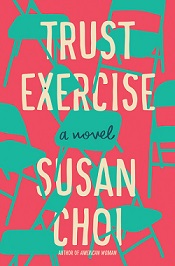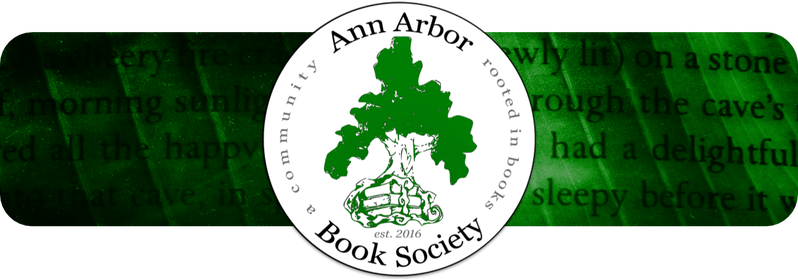| Trust Exercise is seemingly an account of the teenage angst and awkwardness that inhabit an elite performing arts high school in the 1980s. The reader is introduced to the first-love aches of David and Sarah, their passion, their heartbreaks and their humiliations. Their acting teacher, Mr. Kingsley gets involved, forcing them to perform trust exercises in his classroom, perhaps overstepping his boundaries. A sudden and jarring shift about halfway through casts a new light on the preceding section. The novel is separated into 3 parts, each entitled “Trust Exercise.” These three manifestations of “Trust Exercise” each present the novel and its events in a different way.The second part reveals Choi’s work to be a meta-novel of sorts and the trust exercise is suddenly between author and reader. What begins as a satire of the melodrama, egotism, and anguish within the characters and the setting they inhabit becomes a deep exploration into what it means to write a truth and capture a character/person truthfully. The gray area between childhood and adulthood that Choi’s teenage characters are living is replaced by the gray areas between telling, appropriating and omitting in writing and the even murkier areas between art and reality.While this is a novel I wholeheartedly recommend, I must also acknowledge the issues I found with it; the conclusion feels both predictable and awkward and the third section, which serves as an epilogue, might rival J.K. Rowling’s infamous Deathly Hallows epilogue in pure wtf-ness. Part of me wishes Choi had expanded upon the epilogue to perhaps discern her intention while another part wants to ignore it completely. That said, I have not thought of any novel more this year than Trust Exercise. It is a fascinating, thought-provoking, if demanding, read – trust me on this one. –A lover of literature, travel, pop music, and boba, Jesus Espinoza is a Librarian in the Learning and Teaching unit of the University of Michigan Library Featured in August 2019 newsletter |


